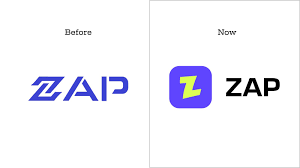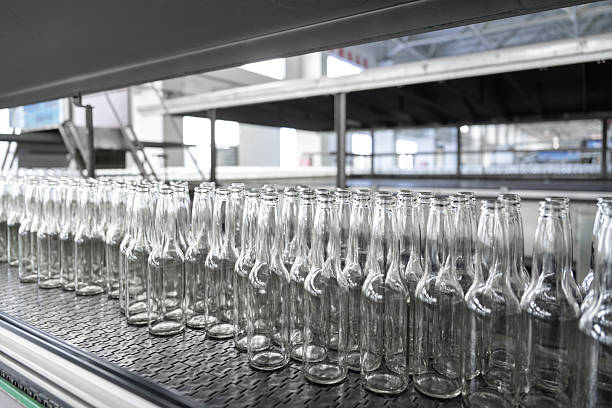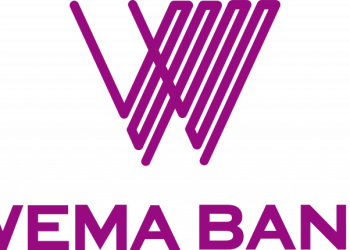In a decisive move to reduce the rising number of tanker-related accidents on Nigerian roads, the Western Zone of the Independent Petroleum Marketers Association of Nigeria (IPMAN) has announced that petrol tankers will be prohibited from loading more than 45,000 litres of fuel starting October 1, 2025.
The Chairman of the zone, Chief Oyewole Akanni, disclosed this in an interview with the News Agency of Nigeria in Ibadan on Friday.
This policy, finalized at a joint safety summit, involves key stakeholders including the Petroleum Tanker Drivers (PTD), Nigerian Association of Road Transport Owners (NARTO), the Nigerian Midstream and Downstream Petroleum Regulatory Authority (NMDPRA), and major oil marketers.
Also Read:
- IPMAN Issues Seven-Day Ultimatum Over N100bn Unpaid Claims
- IPMAN President Says Marketers Meeting With Dangote Refinery to Discuss Petrol Price
- We're in Full Support of Dangote’s Distribution Plan – IPMAN President, Abubakar Shettima
- CNG expansion stalls as IPMAN seeks government partnership for refuelling stations
IPMAN Western Zone Chairman, Chief Oyewole Akanni, explained that many fuel trucks currently carry 60,000 to 90,000 litres, far exceeding their design capacity. “Those big tankers damage our roads,” he noted, stressing that overloading makes trucks unstable, heightening the risk of crashes and catastrophic fuel spills.
The excessive loads also contribute to infrastructure degradation, particularly on highways not built to withstand such weight.
In addition to volume limits, the federal government has mandated the installation of anti-spillage safety covers on all tankers. These safety mechanisms are designed to prevent fuel leakage during crashes, except in cases of tank rupture. The reforms aim to improve public safety, protect road infrastructure, and eliminate hazardous practices like fuel scooping following accidents.
According to Akanni, Nigeria’s tanker accident crisis stems from a broader web of failures, weak enforcement, dilapidated infrastructure, and dangerous public behavior.
The new measures, he stressed, are just the beginning of an ongoing push for mass education, safety standard enforcement, and industry-wide compliance to protect lives and property nationwide.




















